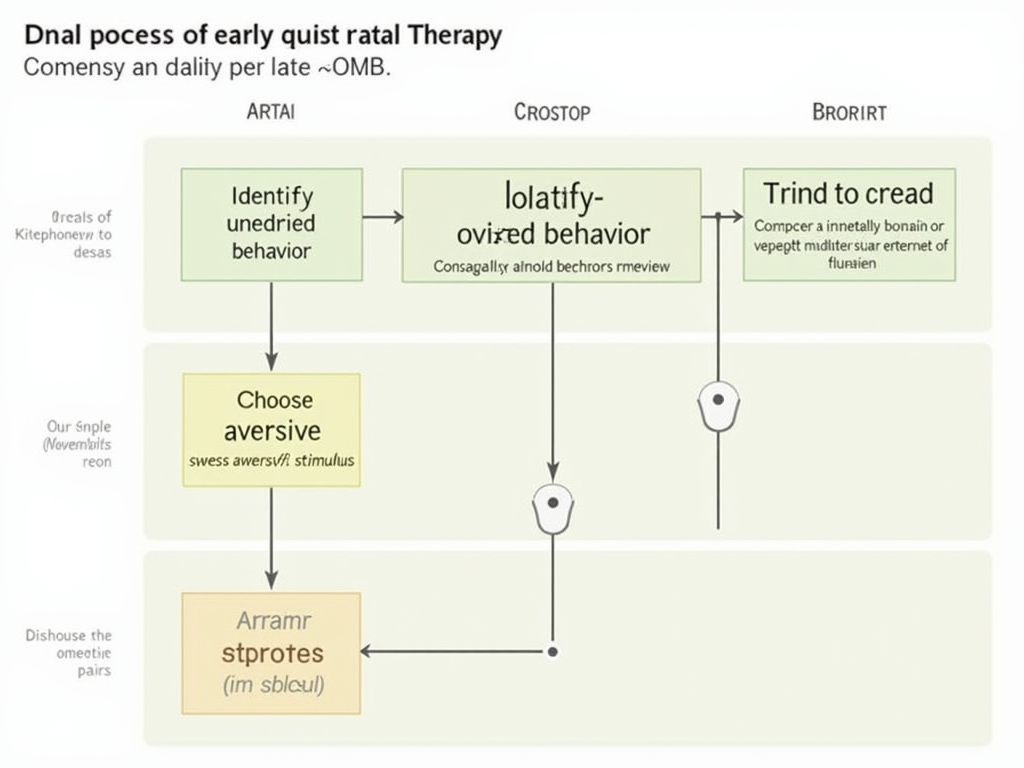Overview
Behavioral therapy is a broad term encompassing various techniques aimed at modifying problematic behaviors. It's grounded in the principle that behaviors are learned and can be changed through systematic interventions. This article explores key methods within behavioral therapy, with a focus on aversion therapy for gambling addiction and the role of family therapy in supporting recovery.
Understanding Behavioral Therapy
Behavioral therapy operates on the premise that our actions are influenced by our environment and experiences. Therapists use techniques like positive reinforcement, modeling, and systematic desensitization to help individuals adopt healthier behaviors. For instance, a therapist might use role-playing to help a client practice social skills or use token systems to reward positive behaviors in children.
Behavioral therapy encompasses a variety of techniques, each tailored to address specific issues. Some common methods include:
-
Positive Reinforcement: Rewarding desired behaviors to encourage their repetition. For example, a child who completes their homework on time might receive extra playtime.
-
Modeling: Demonstrating desired behaviors for the client to imitate. This can be particularly effective in teaching social skills.
-
Systematic Desensitization: Gradually exposing the client to anxiety-provoking situations while teaching relaxation techniques. This is often used for phobias.
-
Cognitive-Behavioral Therapy (CBT): While not purely behavioral, CBT combines behavioral techniques with cognitive strategies to address thought patterns that contribute to problematic behaviors.
Each of these techniques can be adapted to suit the individual's needs, making behavioral therapy a versatile tool in the therapist's arsenal.

Aversion Therapy: A Closer Look
Aversion therapy is a controversial yet sometimes effective method for treating addictions, including gambling. It involves pairing the undesired behavior with an unpleasant stimulus to create a negative association. For gambling addiction, this might involve:
-
Imaginal Aversion: The therapist guides the client to imagine gambling scenarios while simultaneously experiencing an aversive stimulus, like a mild electric shock or a nauseating image.
-
In Vivo Aversion: The client is exposed to real gambling situations while experiencing the aversive stimulus.
The goal is to make the act of gambling less appealing by associating it with discomfort. However, aversion therapy is not without its critics, who argue that it can be unethical and may not address the underlying causes of addiction.
Aversion therapy has a long history, dating back to the early 20th century when it was used to treat alcoholism. Over the years, it has been applied to various addictions and compulsive behaviors, including gambling.
The effectiveness of aversion therapy for gambling addiction is a topic of debate. Some studies suggest that it can lead to short-term reductions in gambling behavior, but long-term success rates are less clear. Critics argue that it may not address the underlying psychological factors driving the addiction, such as stress, anxiety, or depression.
Alternatives to aversion therapy include:
-
Cognitive-Behavioral Therapy (CBT): Helps individuals identify and change thought patterns that contribute to gambling.
-
Motivational Interviewing: Encourages individuals to find their own reasons for change.
-
Mindfulness-Based Interventions: Teach individuals to be present and aware, reducing impulsive behaviors.
While aversion therapy can be part of a treatment plan, it's often most effective when combined with other therapeutic approaches.

Personal Insight: The Ethical Dilemma
As a therapist, I've grappled with the ethical implications of aversion therapy. While it can be effective for some, it's not a one-size-fits-all solution. I once worked with a client who, after undergoing aversion therapy for gambling, reported a significant decrease in urges. However, he also experienced anxiety and guilt, which we had to address in subsequent sessions. This highlights the need for a holistic approach that considers the individual's emotional and psychological well-being.
Family Therapy: Supporting Recovery
Addiction doesn't just affect the individual; it impacts the entire family. Family therapy involves the family in the treatment process, helping them understand the addiction, improve communication, and create a supportive environment. Techniques might include:
-
Family Education: Teaching family members about addiction and its effects.
-
Communication Training: Improving how family members interact with each other.
-
Problem-Solving: Helping the family work together to address issues related to the addiction.
In the context of gambling addiction, family therapy can be particularly beneficial. It can help repair relationships strained by financial losses and rebuild trust.
Family therapy for gambling addiction focuses on several key areas:
-
Education: Family members learn about the nature of addiction, its impact on the brain, and how it affects behavior. This knowledge can reduce blame and increase empathy.
-
Communication: Therapists teach families how to express their feelings and concerns without escalating conflicts. This can involve role-playing exercises and feedback sessions.
-
Boundary Setting: Families learn to set healthy boundaries, such as not enabling the addiction by providing money or covering up for the gambler's behavior.
-
Support: Family members are encouraged to support each other and the individual in recovery, creating a network of accountability and encouragement.
By involving the family, therapy can address the systemic issues that contribute to the addiction and foster a more supportive environment for change.

Hypothetical Scenario: A Family's Journey
Imagine a family where the father has a gambling addiction. The mother and children are struggling to cope with the financial and emotional toll. Through family therapy, they learn to communicate openly about their feelings, set boundaries, and support the father in his recovery. Over time, the family dynamic improves, and the father feels more accountable and motivated to change.
Summary
Behavioral therapy offers a range of methods to address problematic behaviors, from aversion therapy for specific addictions like gambling to family therapy for holistic support. While aversion therapy can be effective, it's essential to consider its ethical implications and complement it with other therapeutic approaches. Family therapy plays a crucial role in creating a supportive environment for recovery.
Discuss Here